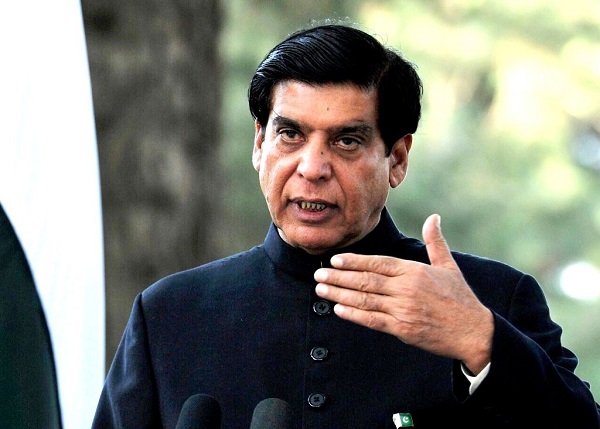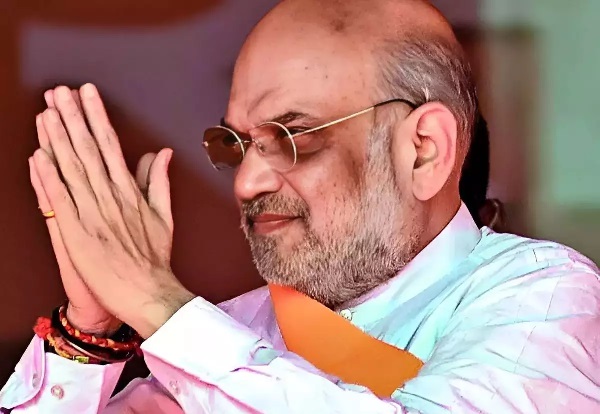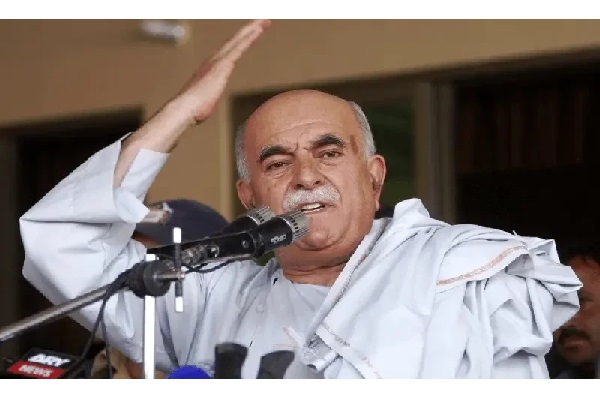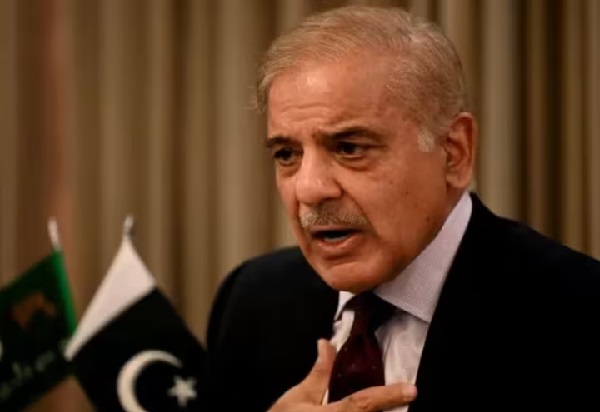NEW DELHI: Indian police said on Saturday they had arrested the social media chief of the country’s main opposition party over accusations
ISLAMABAD: Raja Pervaiz Ashraf of the Pakistan Peoples Party (PPP) is set to assume the office of the National Assembly speaker as no other candidate on Friday submitted nomination papers against him till the 12 noon deadline.
Mr Ashraf, who previously served as the prime minister, will be administered oath of the new speaker on Saturday. In another development, the National Assembly, which was earlier scheduled to meet on April 22, has now been convened to meet on Saturday to take up the no-confidence resolution moved against Deputy Speaker Qasim Suri, who is currently functioning as the acting speaker.
The office of the speaker fell vacant after Asad Qaiser tendered his resignation in line with the PTI’s decision minutes before the voting on the no-confidence resolution against the then prime minister Imran Khan on April 9. After announcing his decision to resign, Mr Qaiser had asked Sardar Ayaz Sadiq of the Pakistan Muslim League-Nawaz (PML-N) to take charge to conduct the vote on the no-trust resolution against Mr Khan in line with the Supreme Court’s verdict.
Just before the election of Shehbaz Sharif as the new prime minister on April 11, PTI’s vice chairman Shah Mahmood Qureshi had announced that all party lawmakers had decided to resign from the National Assembly as they did not want to provide legitimacy to the new government which, according to him, was being installed in the country as a result of a ‘foreign conspiracy’.
Later, all the PTI MNAs submitted en masse resignations leaving behind Mr Suri to continue as the acting speaker only to process the resignations.
Mr Suri had also refused to conduct the election of the prime minister and left the house after handing over the charge to Mr Sadiq on April 11. Soon after the election and maiden speech of Shehbaz Sharif as the prime minister, Mr Suri had all of a sudden returned to the house and adjourned the sitting till April 16 when Mr Sadiq had already announced the name of PPP chairman Bilawal Bhutto-Zardari to take the floor.
Later, on April 13, Mr Suri changed the schedule of the National Assembly sitting from April 16 to April 22. The National Assembly Secretariat had already announced the schedule for the election of the NA speaker on April 16 for which the nomination papers were to be submitted by Friday.
The PTI on Thursday announced that Mr Suri had accepted the resignations of 123 MNAs and the NA Secretariat had also issued a notification in this regard.
The PPP and the PML-N criticised Mr Suri for continuing in the office despite submission of the no-confidence resolution against him by them on April 8. They also alleged that Mr Suri had presurrised the NA Secretariat to accept the resignations.
The members of the National Assembly on Friday received a circular from Additional Secretary of Legislation of the NA Secretariat Muhammad Mushtaq informing them that the motion for leave to move the resolution for removal of the deputy speaker from the office would be taken up on April 16.
The NA Secretariat has already issued a four-point agenda which contained voting on the no-confidence resolution, election of the speaker and his oath-taking. According to PTI sources, Mr Suri is expected to resign from the office before voting on the resolution against him.
Once the assembly elects its speaker the focus will move on to the election of deputy speaker for which Jamiat Ulema-i-Islam-Fazl’s Shahida Akhtar Ali is said to be front runners.
You May Also Like
LAHORE: A delegation of Tehreek-i-Tahafuz-i-Aien (movement for protection of constitution), led by its president Mahmood Khan Achakzai,
LAHORE: As Prime Minister Shehbaz Sharif pledges to “protect the interests of farmers at all costs”, the federal government appears reluctant






